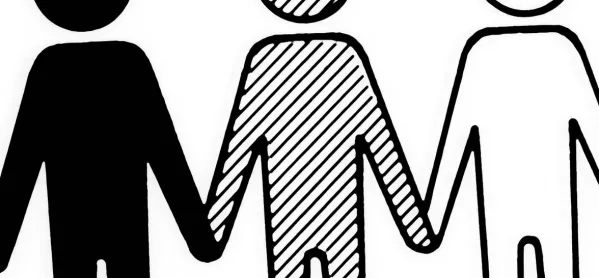I was having a chat with an acquaintance recently and he rolled out an old saying using the N word and woodpiles. Before he even got to the end of the sentence he was issuing a garbled retraction as a number of emotions flashed across my face.
It took me back to the first time I heard the N word, used in relation to my father when I was ten and switching schools in Canada. A classmate saw my father for the first time and announced with a laugh (nervous? uncomfortable?) what my father was. I was unprepared for the comment as my father was Anglo-Indian, had married an Australian-Irish woman, and the subject of colour and race was not discussed in our family.
Since my father died, however, I’ve had more open conversations with my mother about how it was to be a ‘mixed race’ couple in London in the late fifties, East Anglia in the early sixties and Canada in the seventies. The comments about having a tan or questions about whether “I’ve been on holiday” are slightly easier to take as I now feel more able to reflect and be at peace with my genetic inheritance - and I can even talk about it.
In pursuit of progress
The racism in my parents’ early days was explicit (no Blacks, no Irish) - but it was viewed as acceptable because we hadn’t yet agreed, as a society, that such behaviour is unacceptable and wrong. Since then attitudes have evolved with some fairly dramatic moments on the way, not least the murder of Stephen Lawrence, which took us onto another level, where systems and institutions, including schools, were scrutinised for not treating racist incidents as racist.
Now we’re in another period which, at least in part, can be characterised as data-crunching. We find Black and Ethnic Minority people make up a ridiculously small percentage of senior positions in society in general, and education in particular, from headships through to CEO/MATS (Ofsted inspectors?)
How will change happen? How will we take society onto the next level in the long march away from embedded racism?
Strangely I found myself pondering this question other day as I joined our Reception class while it observed maggots feasting on the body of a dead shrew, and the inescapable process of how the dead gets transformed into something new.
I feel a bit of a metaphorical maggot in the education system. I imagine there are many of us working away to change the metaphorical dead shrew of the dysfunctional education system. The lack of BME teachers and school leaders will not be fixed by some government policy or a grand-standing pronouncement, but by the weight of effort of many, many individuals working together to create a fairer system.
Rick Stuart-Sheppard is head of of Brundall Primary School in Norfolk
Want to keep up with the latest education news and opinion? Follow Tes on Twitter and like Tes on Facebook

